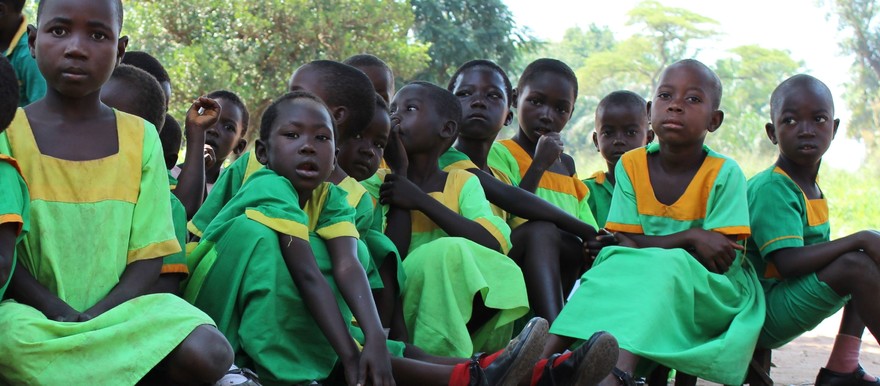The Ministry of Education in South Sudan’s capital Juba says that it is continuing a programme to fund school improvements and boost enrollment of girls through capitation grants.
The British government is funding some of the grants as part of the Girls’ Education South Sudan programme. The British say that girls should be educated.
According to George Mogga, the Education Ministry’s Acting Director General for Planning and Budgeting, the grants are also financed by a national budget allocation in the amount of 60 million SSP for 2013-2014. This is expected to cover grants for primary schools, with UK funding covering grants for the secondary schools, up to about 9 million SSP per year.
In a press release, the ministry announced the first 164 capitation grants were sent to schools in March 2014, out of a total of 1140 grants approved by the government. “The remainder are currently being processed and finalized,” reads the press statement.
A capitation grant to a school is a grant given on the basis of the number of pupils at the school. “By providing reliable funding to schools, capitation grants will remove registration fees for students and parents – encouraging families to send their children to school,” explains the ministry.
Schools may use the grants for running costs, improvements of facilities, or for other purposes, provided that they stop charging registration fees. The education ministry says the schools must meet ‘strict conditions’ in order to receive funds and will be monitored to ensure the money is spent transparently.
The ministry says it aims to eliminate registration fees at schools, in line with the constitution, which guarantees free primary education. Church schools will still be allowed to charge some ‘operational fees.’
However, schools are closed throughout most of Unity, Jonglei and Upper Nile states, and teachers in some other areas stopped teaching because they were not paid.
Photo: Nagagwu School, South Sudan, 2011 (Ezra Simon/USAID)




